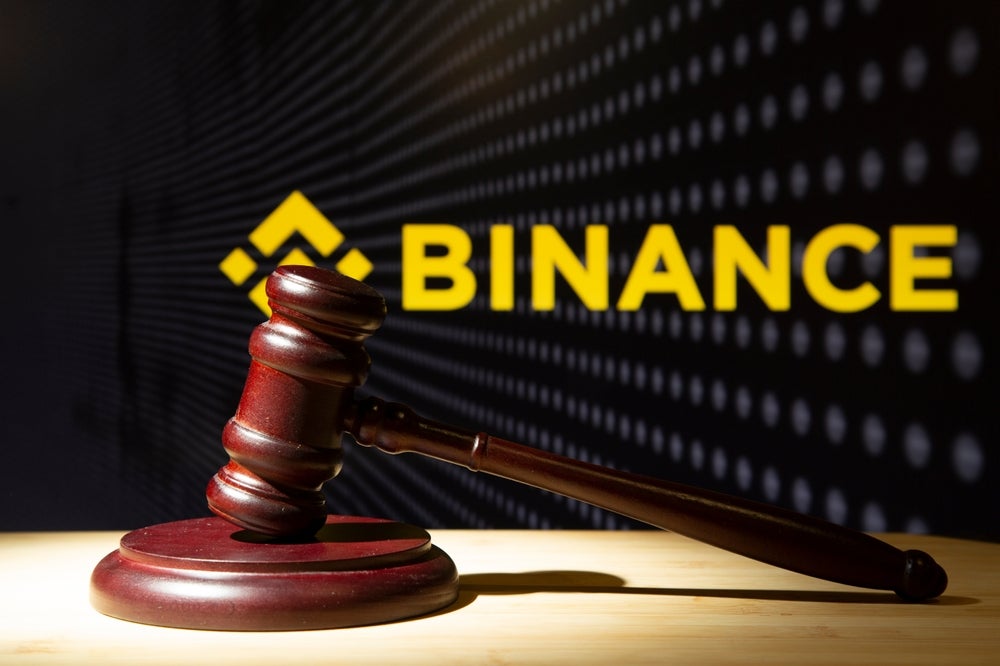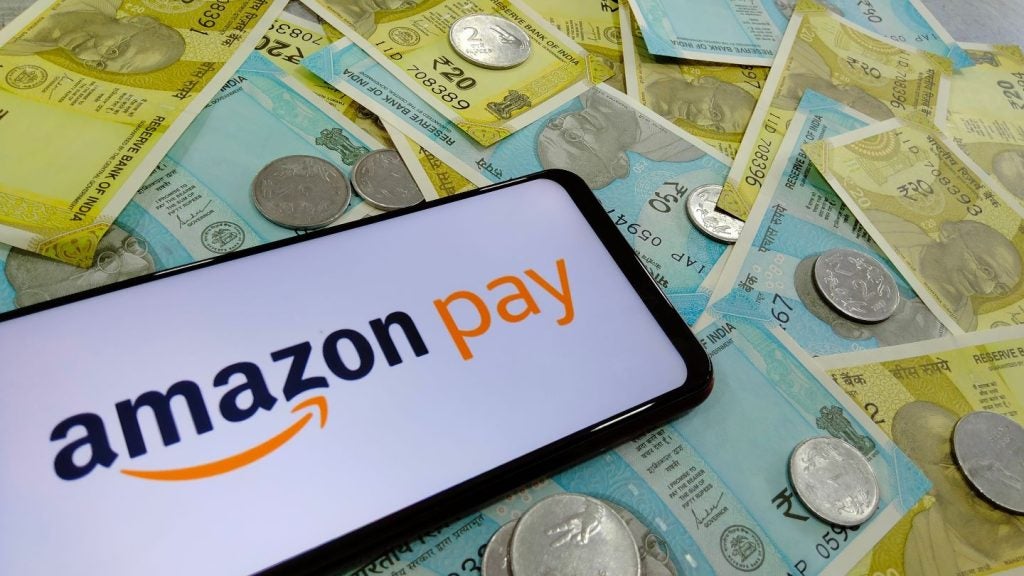Binance added fiat-to-crypto onramp capabilities for the top two global leading mobile wallets, Apple Pay and Google Pay, via an integration with Worldpay, as part of its ambition to bring the next billion users into Web3. But despite its efforts to partner with some of the most established names in payments in order to boost awareness and trust among the masses, Binance’s continued challenges may counter that.
GlobalData Mobile Wallet Analytics 2024
The integration enables the easy purchase (i.e., conversion) of cryptos from fiat currency in the Binance app from the Apple Pay and Google Pay wallets, which together account for over a quarter of the total global mobile wallet market share, according to GlobalData’s Mobile Wallet Analytics 2024. The announcement, however, was quickly overshadowed by software failures a week later due to an AWS Cloud outage, causing disruptions in trading and withdrawal on some centralised exchanges, including Binance, that ultimately lead to the Mantra (OM) token’s crash erasing over $5.5bn in market value.
Binance has sustained its ambiguous reputation for a long time, which may already in itself have contributed to distrust and disinterest in crypto use or even ownership among the population, as the company is the largest crypto exchange globally by trading volume. In mid-2023, Binance was hit with 13 charges by the Securities and Exchange Commission (SEC) under the previous US administration for the likes of operating unregistered exchanges and securities. After pleading guilty, the newly formed crypto task force is yet to reach resolution on these cases, but generally more favourable rulings are to be expected in US crypto regulation moving forward.
Additionally, Binance is now faced with a high-profile $81.5bn lawsuit in Nigeria since February 2025 for operating in the country without proper registration and licensing for over six years. While Binance’s US legal troubles in most part stem from the SEC’s refusal to acknowledge cryptos as a new asset class to regulate it accordingly, in Nigeria’s case, Binance was likely just leveraging the general lack of regulatory oversight. This is ironically among the key drivers for many emerging economies’ everyday citizens who are turning away from traditional institutions as Web3 offers an alternative.
The need for regulatory collaboration
France has also recently deepened investigations into Binance’s alleged violations of European anti-money laundering (AML) laws. Despite all that, the company’s CEO told the Financial Times that several countries have approached Binance for help with formulating their national crypto regulatory frameworks.
Regulatory collaboration indeed seems like the right direction, as GlobalData’s Industry Polls revealed that 39% are either likely or extremely likely to purchase cryptos if the industry was more regulated, showing the importance of oversight for achieving consumer trust. It is unclear, though, whether Binance’s ex-CEO advising countries such as Pakistan, Malaysia, and Kyrgyzstan on Web3 and blockchain strategies, having served his prison sentence on AML charges, is good or bad news for the wider crypto industry’s future.

US Tariffs are shifting - will you react or anticipate?
Don’t let policy changes catch you off guard. Stay proactive with real-time data and expert analysis.
By GlobalDataBlandina Szalay is an analyst in Banking & Payments at GlobalData








